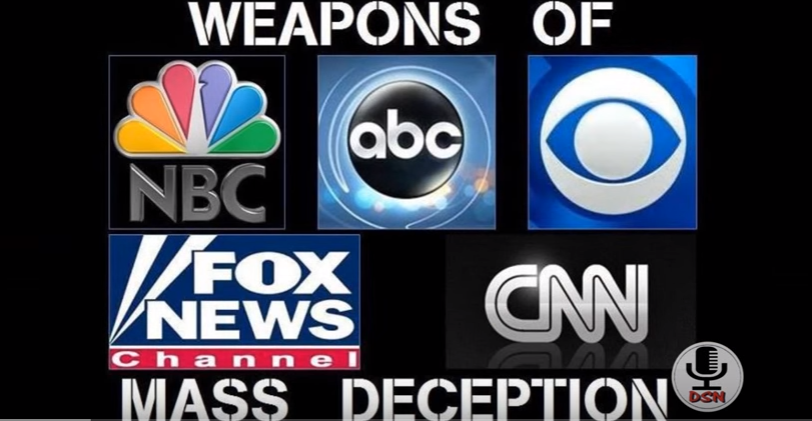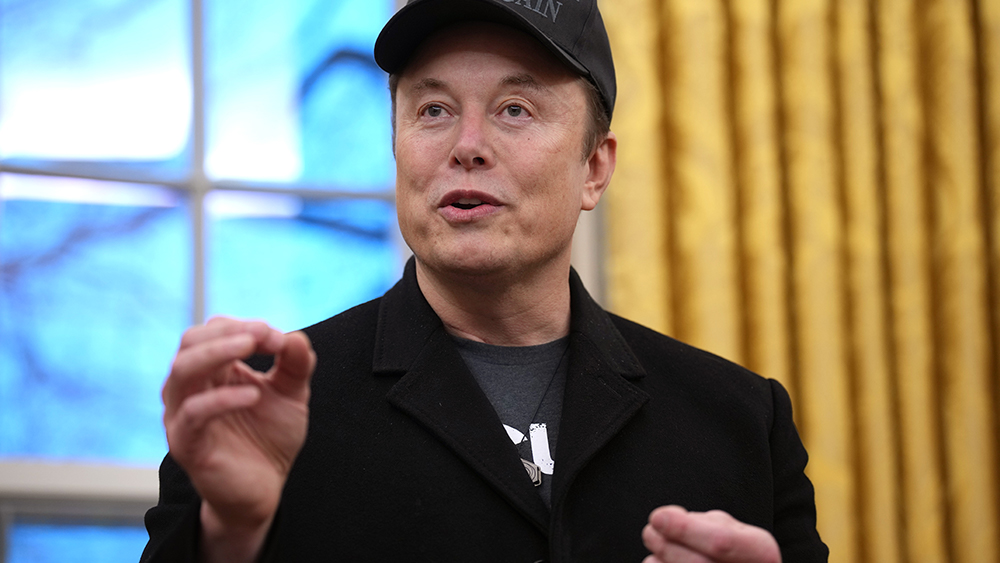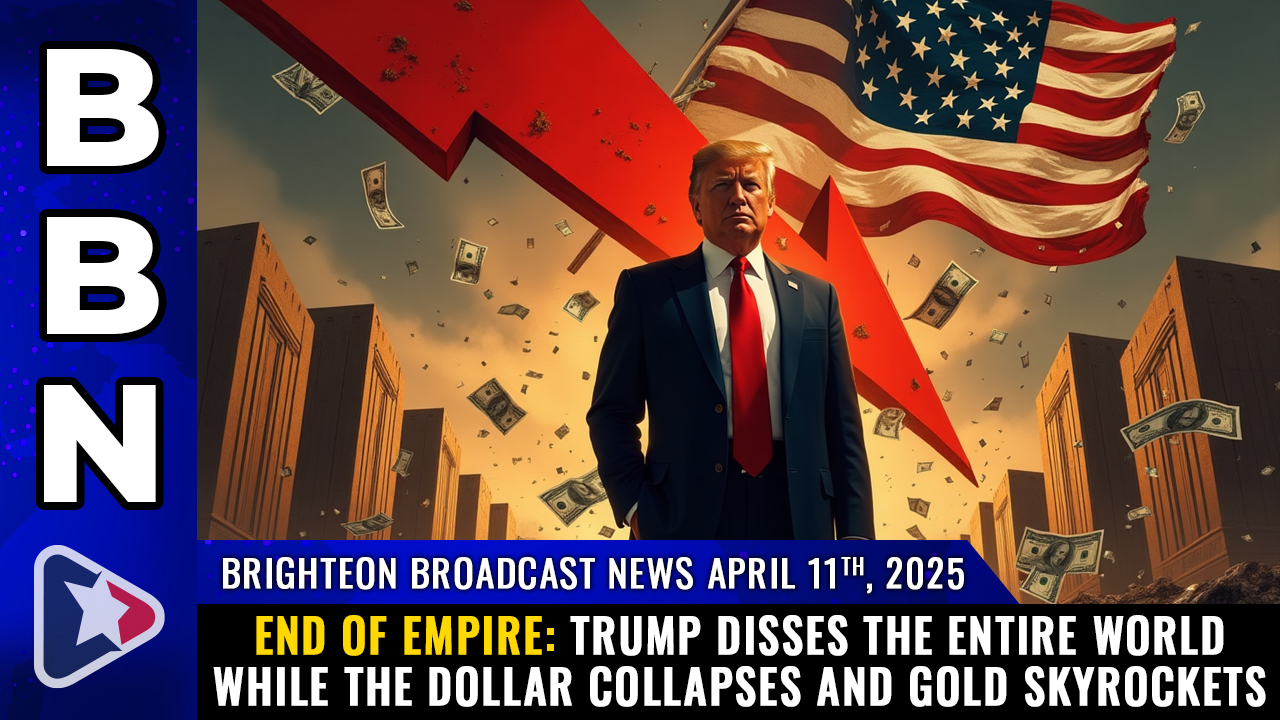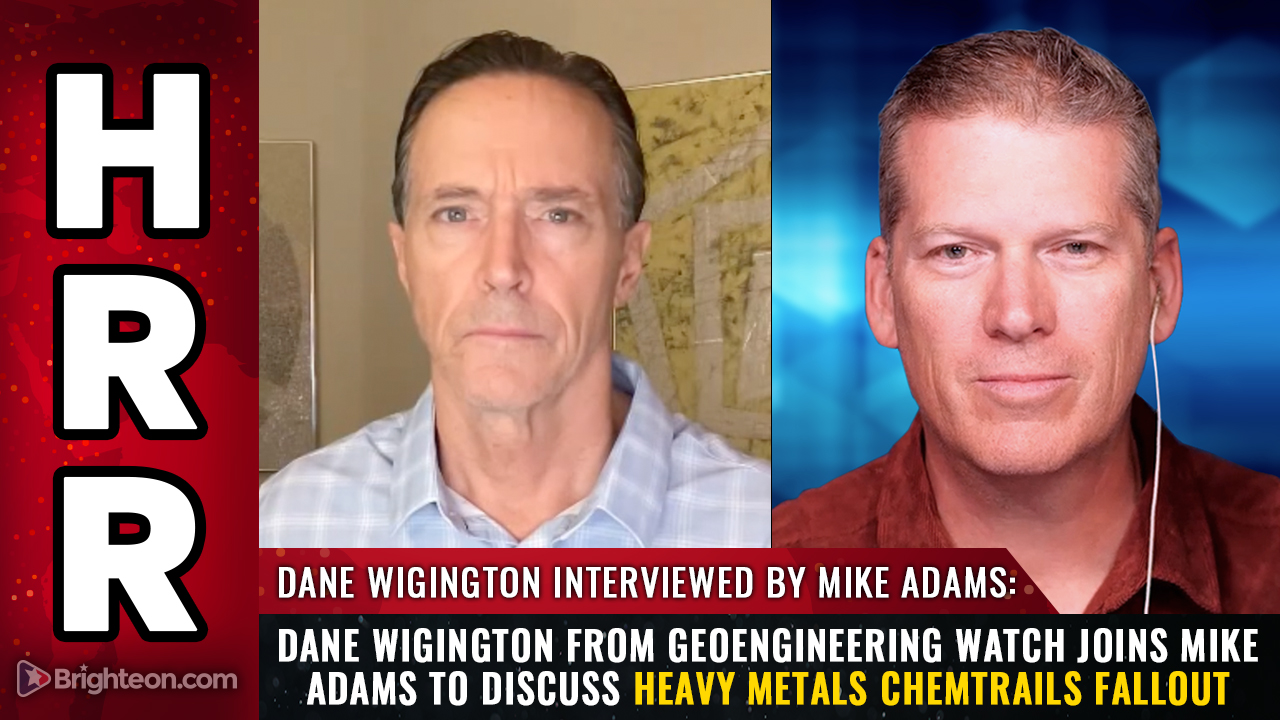Herman and Chomsky's "Manufacturing Consent" shines a light on the hidden machinery of MEDIA MANIPULATION
- Edward Herman and Noam Chomsky argue in their book "Manufacturing Consent: The Political Economy of the Mass Media" that mass media in democratic societies are not neutral but serve elite interests, reinforcing dominant ideologies through the "propaganda model."
- The model identifies five filters shaping news: (1) corporate ownership prioritizing profit, (2) advertiser influence favoring elite audiences, (3) reliance on establishment sources, (4) "flak" (backlash) discouraging dissent and (5) fear-based narratives (e.g., anticommunism) justifying elite agendas.
- Historical and modern examples (e.g., 19th-century British press, modern media consolidation) show how corporate control and financial barriers marginalize dissenting voices without overt censorship.
- Case studies like U.S. media's skewed reporting on 1980s Central American elections reveal how geopolitical interests dictate narratives, framing events to suit elite agendas.
- The book urges audiences to recognize systemic biases, question mainstream narratives and seek independent sources to resist manufactured consent.
In "
Manufacturing Consent: The Political Economy of the Mass Media," Edward S. Herman and Noam Chomsky expose the subtle yet pervasive mechanisms through which mass media shape public opinion in democratic societies.
Far from being neutral informers, the media function as instruments of propaganda, reinforcing the values and interests of powerful elites. At the heart of their analysis is the "propaganda model," which identifies five key filters that determine what news reaches the public and how it is framed.
The first filter is
ownership and profit orientation. Media outlets are predominantly owned by large corporations driven by profit motives, leading to content that prioritizes marketability over truth. Stories that challenge corporate or political power are often sidelined to avoid alienating advertisers or stakeholders.
The second filter,
advertising revenue, further skews media priorities. Since advertisers prefer affluent audiences, news coverage tends to cater to elite interests, marginalizing issues relevant to the working class or marginalized groups.
The third filter is the
reliance on powerful sources. Journalists frequently depend on government officials, corporate executives and establishment-funded experts for information, creating a bias toward official narratives while sidelining dissenting voices.
The fourth filter,
flak, refers to the backlash media face when they deviate from accepted narratives. Powerful entities can deploy lawsuits, boycotts, or public pressure to discipline the press, encouraging self-censorship.
The fifth filter,
anticommunism, historically served as a unifying ideology to justify policies favoring elite interests. In modern contexts, other fear-based narratives (like the "War on Terror") fulfill a similar role.
These filters interact to create a media landscape where news is systematically filtered to serve elite interests. A striking historical example is the suppression of Britain's radical working-class press in the 19th century.
While direct state censorship failed, market forces—rising production costs and corporate consolidation—effectively silenced alternative voices. This pattern persists today, with media ownership concentrated among a handful of conglomerates whose profit-driven priorities shape national discourse.
The propaganda model also explains discrepancies in media coverage of global events. For instance, during the 1980s, U.S. media portrayed elections in El Salvador – held under state terror – democratic triumphs, while dismissing Nicaragua's comparatively free elections as fraudulent. This selective reporting aligned with U.S. geopolitical interests, demonstrating how media narratives reflect government and corporate agendas rather than objective reality.
Herman and Chomsky's work underscores the need for critical media literacy. By recognizing the structural biases embedded in news production, audiences can better discern manipulation and seek out independent sources. "Manufacturing Consent" remains a vital critique of media power, revealing how consent is not freely given
but carefully manufactured to sustain the status quo.
Watch this video about the book "
Manufacturing Consent: The Political Economy of the Mass Media" by Edward S. Herman and Noam Chomsky.
This video is from the
BrightLearn channel on Brighteon.com.
Sources include:
Brighteon.ai
Brighteon.com










